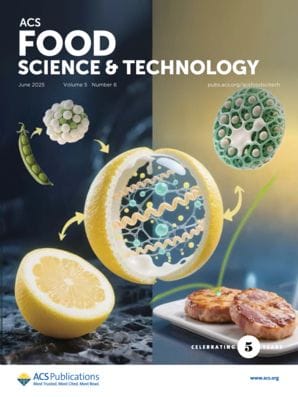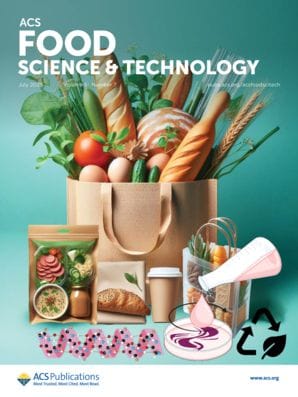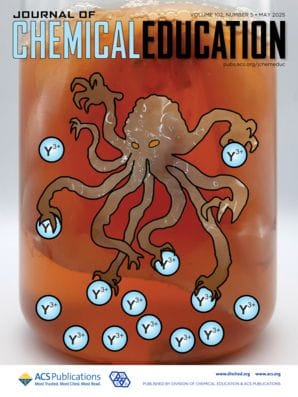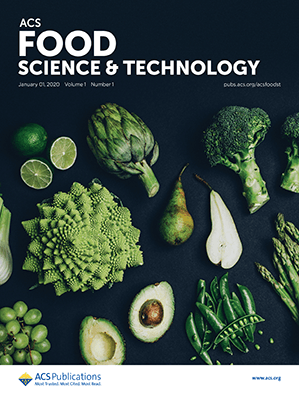Read four recent studies published in ACS journals highlighting innovative beverage developments that target health and sustainability.

They hydrate our bodies, deliver crucial nutrients, and stimulate our senses, among other functions. Hot or cold, processed or natural, beverages are ubiquitous and constitute a multi-trillion-dollar industry globally. Four recent studies published in ACS journals highlight innovative developments involving tea, coffee, and cocoa-based beverages that target health and sustainability.
Stoking the Fire
Coffee roast levels impact compounds for quality and health
Coffee is one of the most consumed beverages in the world, popular for its energy-boosting caffeine, diverse flavors and aromas, and even health and nutritional qualities. In a new study, researchers explored the optimal roast levels of the beverage for several properties. Their findings, reported in ACS Food Science & Technology, show that the roast level of coffee affects the intensities of specific compounds, which could unlock new product development focused on health and quality.

Effect of the Roast Level on Lipophilic and Hydrophilic Compounds in Pot and Filter Coffee Beverages
DOI: 10.1021/acsfoodscitech.5c00066
Sipping More Nutrition with Your Tea
Hempseed Enhances Protein in Kombucha
Could your favorite tea-based drink provide you with important macronutrients in addition to the rich antioxidants and polyphenols you get from it? A recent study explored using hempseed to raise the level of protein in kombucha, a fermented tea beverage originating in Asia but rapidly growing in popularity worldwide. Published in ACS Food Science & Technology, the study found that hempseed-enriched kombucha boasted substantially enhanced protein content and functionality, making it a nutritionally superior beverage.

Effect of Fermentation on In Vitro Protein Digestibility, Physicochemical Properties, and In Vivo Antioxidant Capacity of Hempseed (Cannabis sativa sb. sativa) Added Kombucha
DOI: 10.1021/acsfoodscitech.5c00110
Lighting Up the Circular Economy
Kombucha-based bioleaching supports yttrium recycling
Beyond health, kombucha may also hold potential for the sustainable recycling of critical minerals such as yttrium, a rare earth element used in fluorescent lamps and various high-tech applications. Kombucha contains organic acid-producing microorganisms which can be harnessed to recover yttrium from waste through bioleaching. The results of a model experiment based on this novel approach and published in the Journal of Chemical Education suggest that kombucha could be an environmentally friendly alternative to traditional extraction methods.

Bioleaching of Rare Earth Fluorescent Lamp Phosphors Using Kombucha
DOI: 10.1021/acs.jchemed.4c01532
Promising a Clean Break with Synthetics
Citrus fiber improves the shelf-life of cocoa-based dairy beverages
With sustainability increasingly driving consumer choices, researchers are studying nature-derived ingredients for solutions in the beverage industry. One study in ACS Omega investigated the potential of citrus fiber as a “clean label” alternative to synthetic stabilizers in cocoa-based dairy beverages. It demonstrated that incorporating citrus fiber effectively improved the stability of the beverages, meeting both consumer demand for recognizable ingredients and industrial need for reliable shelf-life performance.

The Clean-Label-Friendly Solution: Stabilizing Milk-Based Cocoa Beverages with Citrus Fiber
DOI: 10.1021/acsomega.5c01904
